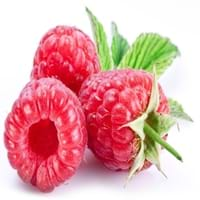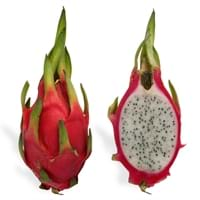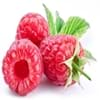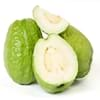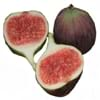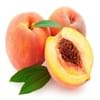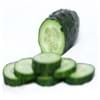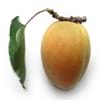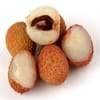Health Benefits
Cancer prevention, Heart care, Prevents macular degeneration, Reduces blood circulation problems
Anti-oxidant properties, Anti-aging benefits, Maintains healthy cholesterol level, Weight loss properties
General Benefits
Anti-inflammatory properties, Controls blood sugar levels, Digestive aid, Eye care, Helps in weight loss
Helps in weight loss, Suppresses Arthritis
Skin Benefits
Anti-aging benefits, Brightens and lightens complexion
Anti-aging benefits, Heals sunburn, Treatment of acne
Hair Benefits
Acts as moisturizer, Regulates hair growth, Shiny hair
Treatment of colored hair
Allergy Symptoms
Breathing difficulty, Eczema, Hives, Itching, Nasal congestion, Runny nose, Sneezing, Watery eyes, Wheezing
NA
Side Effects
Allergic reaction
NA
Lactating Women
Yes
Not Available
Best Time to Eat
Best if taken as a breakfast (or empty stomach), As a snack in the late afternoon, Don't eat after meal, Morning time (before lunch)
Any time except an hour after meal, Don't consume at night and before bed
Vitamin A (Retinol)
Not Available
Vitamin B5 (Pantothenic Acid)
Not Available
Vitamin B6 (Pyridoxin)
Not Available
Vitamin B9 (Folic acid)
Not Available
Vitamin C (Ascorbic Acid)
Vitamin E (Tocopherole)
Not Available
Vitamin K (Phyllochinone)
Not Available
Lutein+Zeaxanthin
Not Available
Calories in Fresh Fruit with Peel
Calories in Fresh Fruit without Peel
Not Available
Not Available
Calories in Frozen Form
Not Available
Calories in Dried Form
Not Available
Calories in Canned Form
Not Available
Calories in Pie
Not Available
Type
Berry
Berry, Citrus, Fruit vegetable, Melon, Tree fruit, Tropical
Season
Summer
Early fall, Summer
Varieties
Amity, August Red, Boyne, Canby, Caroline, Comet, Dinkum, Dorman Red, Latham, Meeker, Black Hawk, Hayda, Lauren, Meeker and Latham
Selenicereus megalanthus and Hylocereus polyrhizus
Color
Black, Purple, Red, Yellow
Magenta, Pink
Origin
Europe, North Asia
Central America, Mexico
Climatic Conditions
Cold
NA
Facts about
- There are more than 200 varieties of raspberries.
- In USA, 90% of the raspberries are grown in Washington, California and Oregon.
- They do not ripe after they are picked.
- A raspberry contain 100 to 120 seeds.
NA
Other Countries
Azerbaijan, Canada, Mexico, Poland, Serbia, Spain, Ukraine, United Kingdom, United States of America
NA
Top Importer
United States of America
China
Top Exporter
Poland
Vietnam
Botanical Name
Rubus Idaeus
Hylocereus undatus
Synonym
Not Available
Pitaya, Red Pitahaya, Night blooming Cereus, Strawberry Pear, Belle of the Night, Conderella plant
Subkingdom
Tracheobionta
Tracheobionta
Division
Magnoliophyta
NA
Class
Magnoliopsida
Not Available
Subclass
Rosidae
Liliidae
Order
Rosales
Caryophyllales
Family
Rosaceae
Cactaceae
Species
R. idaeus
H. undatus
Generic Group
Rose
Cactus
Compare Raspberry and Dragonfruit
It is important compare Raspberry and Dragonfruit as both the fruits have a different nutritional value. Their comparison can be done on the basis of their vitamin and mineral content, calories, benefits as well as characteristics, making it easier for us to choose the best fruit for our diet. Their general health benefits are as follows:
Raspberry Benefits: anti-inflammatory properties, controls blood sugar levels, digestive aid, eye care and helps in weight loss.
Dragonfruit Benefits: helps in weight loss and suppresses arthritis.
Fruits are also used as a remedy for various hair problems. The hair benefits of Raspberry are: acts as moisturizer, regulates hair growth and shiny hair and hair benefits of Dragonfruit are: treatment of colored hair. Some fruits are known to cause allergic reactions. The allergy symptoms of first fruit are: breathing difficulty, eczema, hives, itching, nasal congestion, runny nose, sneezing, watery eyes and wheezing and the symptoms of second fruit are: na. Get sorted Raspberry vs Dragonfruit comparison with the help of fruit comparison tool by fruitvs.com.
